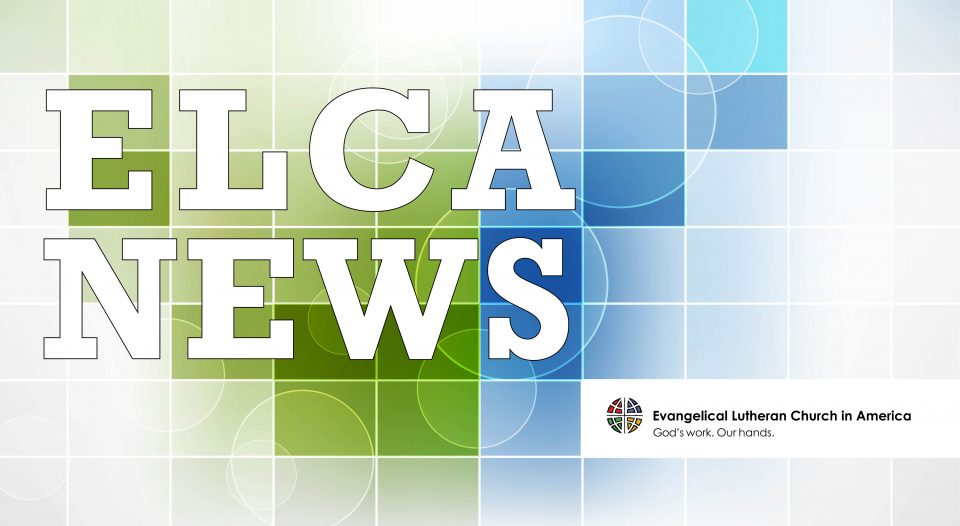Elizabeth A. Eaton, presiding bishop of the ELCA, has issued a statement on anti-LGBTQIA+ bills that have recently been introduced in the United States. “As we approach March 31, many people are preparing to recognize Transgender Day of Visibility, an international day to celebrate the contributions of transgender people and raise awareness about the deadly injustices they face,” the statement read, in part.
The statement continued: “As bishop of this church, I am concerned that the rights of transgender and nonbinary Americans have been targeted all over this nation. Nearly 400 anti-LGBTQIA+ bills were introduced across the United States in 2022, most of them targeting trans youth. That is twice the number from 2021 and almost eight times the total from 2020. The language in many of these bills attacks the humanity of trans and nonbinary people, often erasing the dignity that should be afforded to everyone.
“While members of our church hold various convictions regarding gender, the teaching of our church supports legislation and policies to protect every person’s human dignity and civil rights. (Human Sexuality, p. 19) As Christians we believe every human being is created in God’s image, and we must honor and celebrate God’s creation. Our church teaches that we affirm transgender and nonbinary siblings as God’s children, who are loved unconditionally. Our social statement Faith, Sexism, and Justice: A Call to Action (2019) also declares that this church commits itself to ‘advocate for and support laws, policies, and practices that respect diverse bodies rather than discriminating against, objectifying, or devaluing them’ (p. 60).
“I urge us, as people of faith, to love our neighbors, care for the vulnerable and marginalized, and work for justice and equality. We may have differing opinions on ‘matters related to sexual orientation and gender identity,’ (FSJ, p. 61) but we must always uphold the dignity and humanity of everyone. These disagreements do not allow us to accept actions that dehumanize, discriminate against or objectify any individual or group.”




